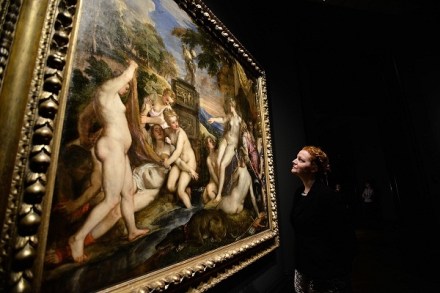William Shakespeare and the pursuit of human happiness
‘Under the greenwood tree’ from As You Like It AMIENS: Under the greenwood tree Who loves to lies with me, And turn his merry note Uno the sweet bird’s throat, Come hither, come hither, come hither. Here shall he see No enemy, But winter and rough weather. Who doth ambition shun, And loves to live i’th’ sun, Seeking the food he eats, And pleased with what he gets ALL: Come hither, come hither, come hither. Here shall he see No enemy, But winter and rough weather. In As You Like It, a French duke has been usurped by his brother. He lives now in exile with his followers in the Forest of


















